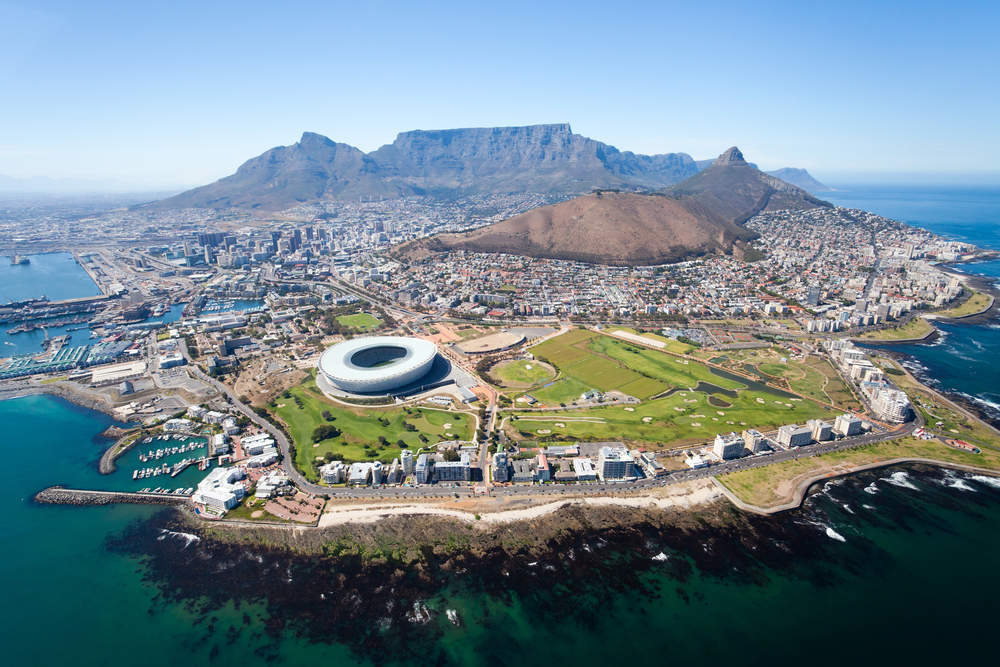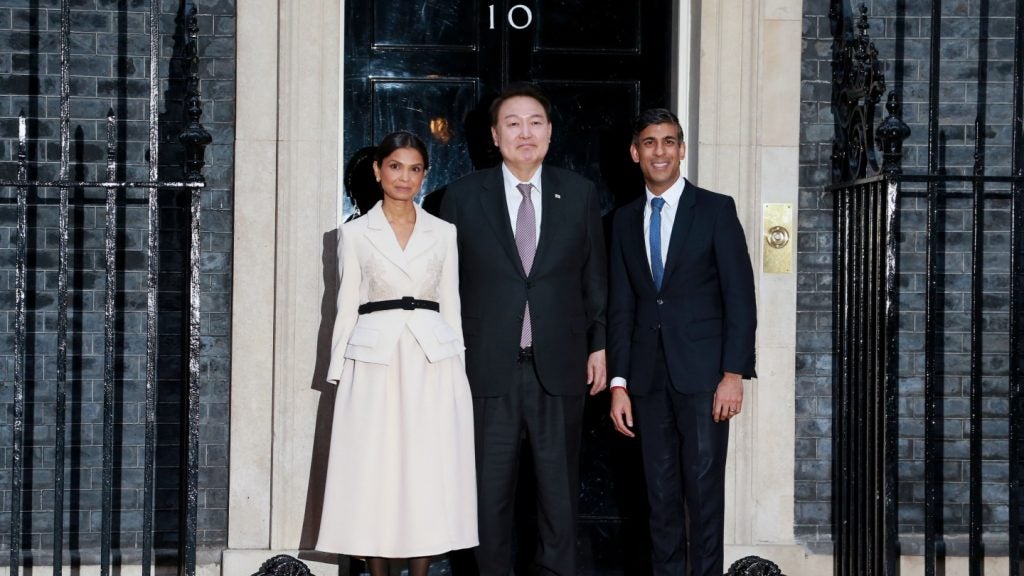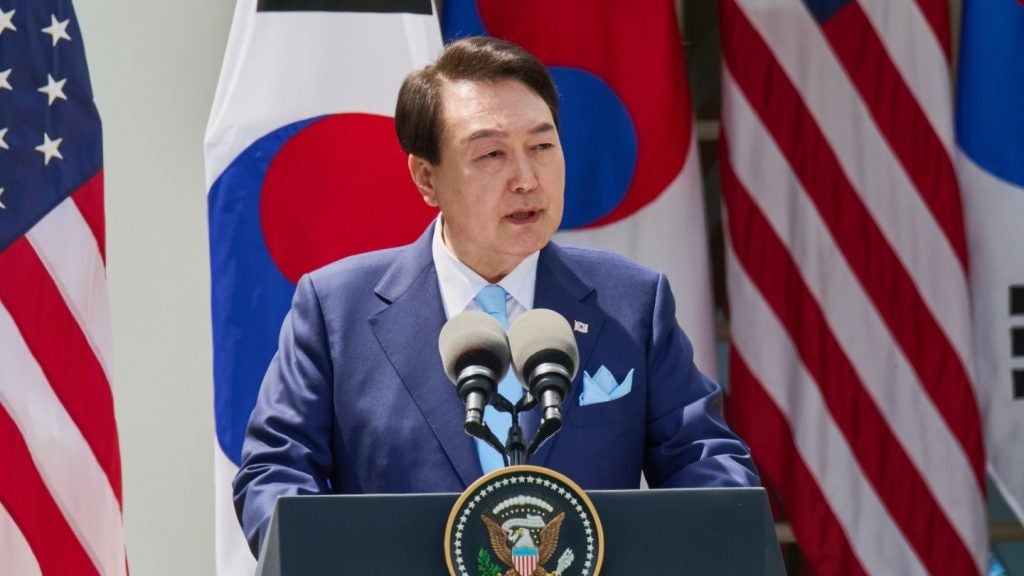
“Africa has long been regarded as the world’s Eden. The time has come to bring the world home, to the cradle of humankind, Africa,” former South African President Jacob Zuma stated at Indaba, Africa’s biggest travel show, last year.
However, having a leader embroiled in allegations of corruption hasn’t done much to portray South Africa as the tourist hot spot that he hoped for it to become.
Likewise, sky-high rates of serious crimes, such as murder, rape and violent offences, has hardly help to portray the nation as the “desirable, welcoming” place that South Africa’s minister of tourism, Tokozile Xasa, mentions in South Africa Tourism’s annual report.
Crime did fall by 1.8 percent in South Africa last year. However, the locals don’t feel that much has changed in recent years.
Speaking on the fall in crime, police minister Fikile Mbalula said:
“Yes, we have a 1.8 percent drop in crime. I do not feel it, and our people do not feel it, and they are correct.”
How well do you really know your competitors?
Access the most comprehensive Company Profiles on the market, powered by GlobalData. Save hours of research. Gain competitive edge.
 Company Profile – free sample
Company Profile – free sampleThank you!
Your download email will arrive shortly
Not ready to buy yet? Download a free sample
We are confident about the unique quality of our Company Profiles. However, we want you to make the most beneficial decision for your business, so we offer a free sample that you can download by submitting the below form
By GlobalData
However, South Africa appears set for change following Zuma’s removal as President.
Zuma has since stepped down as the leader of South Africa. His political party, the African National Congress (ANC), threatened him with a vote of no confidence if he refused to tender his resignation.
Good things are being predicted for South Africa following Zuma’s resignation, but what will it mean for South African tourism?
How has South African tourism performed under Zuma?
Tourism is already a big part of South Africa’s economy. 4.5 percent of the nation’s workforce works in the industry, which accounted for 3.1 percent of total GDP in 2015, according to national data provider Statistics South Africa.
Despite Zuma’s shortcomings, he understood the necessity of tourism as a means to turn around South Africa’s damaged economy and was keen to see the industry grow.
Konstantina Boutsioukou, an analyst at GlobalData Tourism, told Verdict:
“During the Presidency of Zuma, the South African tourism industry experienced considerable growth. International arrivals to South Africa increased from 7m in 2009 to 10.4m in 2017.”
Provisional data collected by the World Tourism Organization (WTO) shows similar numbers. According to their data, tourism in South Africa peaked in 2016. It crossed the 10m international visitors mark for the first time.
Zuma’s South Africa was also the second most visited country in Africa in 2015. Only Morocco attracted more visitors. Egypt also attracted a higher number of arrivals, but is listed under the Middle East by the WTO.
[visualizer id=”146933″]What has South Africa done to improve tourism under Zuma?
Despite the slow progress, South Africa has been working hard to ensure that tourist numbers continue to increase.
The 2010 FIFA World Cup is a good example of this. Fitting under a Zuma government, South Africa reportedly paid out a $10m in bribes for the rights to host the World Cup.
However, the total cost of hosting the prestigious tournament was £2.4bn according to the Guardian. That may sound like a high to pay, but South Africa anticipated that hosting the World Cup would boost gross domestic product by approximately $21.3bn.
The tournament also provided a boost to tourism numbers in South Africa: 310,000 foreign tourists – approximately four percent of all foreign visitors that entered South Africa in 2010 – travelled to the African nation between June and July 2010 solely to watch the World Cup.
Likewise, South Africa has also been making more long-term efforts to bring tourists to the country in recent years.
South Africa Transport Services finalised plans for a new cruise terminal at Cape Town harbour in 2015. This will make it possible for luxury cruise liners to enter the port.
According to reports at the time, South Africa already attracts 10,000 visitors each year. With global cruise passengers increasing, South Africa hopes that the new terminal will help to increase the 0.6 percent of cruise passengers that visit each year.
South Africa has already started to see some benefit with growth of 13 percent last year, which Boutsioukou puts down to a simplified visa procedure for certain tourists entering the country.
Boutsioukou told Verdict:
“The simplification of visa procedures in recent years, coupled with the growing competition between airlines – this has rendered air tickets more affordable – and the fact that the country is considered an affordable destination have been driving the influx of tourists during these years.”
Could South African tourism improve under a new leader?
All in all, Zuma hasn’t been bad for tourism in South Africa.
However, it remains to be seen whether South Africa’s new president, Cyril Ramaphosa, can improve the industry further.
South Africa’s minister of tourism previously said that crime was costing as much as a third of potential visitors.
“Our research has indicated that, while South Africa is in many respects an attractive tourist destination, fear of crime could be a possible deterrent to potential visitors. Crime is an issue we have to deal with if we want to reach our target.”
Yet, Zuma has had little impact on crime rates during his tenure, according to statistics released by the South African Police Service.
Sexual offences have fallen. However, there has been little reduction in robberies. Likewise, the murder rate has increased.
[visualizer id=”147038″]In order to attract new visitors, the nation must sort out its other issues first. Crime is a major one and South Africa can only hope that these efforts start at the top.
In a column for News24, Ramaphosa expressed a need to “rid the state of corruption”, which he blames for South Africa’s stalling economy. This offers some promise that things will change under Ramaphosa.
South Africa’s Tourism shadow minister, James Vos, feels that Ramaphosa can have a positive effect on the industry.
Speaking following Zuma’s resignation, Vos said:
“Ramaphosa is a breath of fresh air, especially for the tourism industry.”
“If politics are bad, it directly impacts on people’s travel perceptions. There is now a sense of tourism optimism, as people want to visit a country that has sound politics.”
Regardless of politics, GlobalData expects South African to continue attracting record numbers. Boutsioukou told Verdict:
“GlobalData’s outlook for South African tourism is positive; we forecast that arrivals to the country will reach 12.4m by 2021.”








